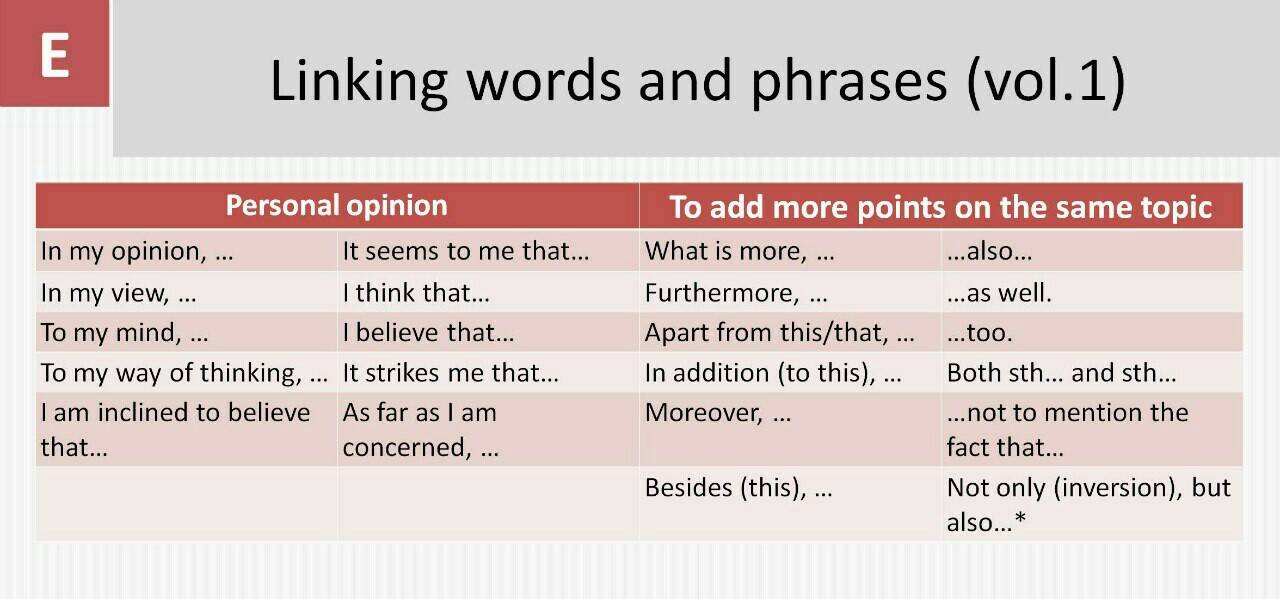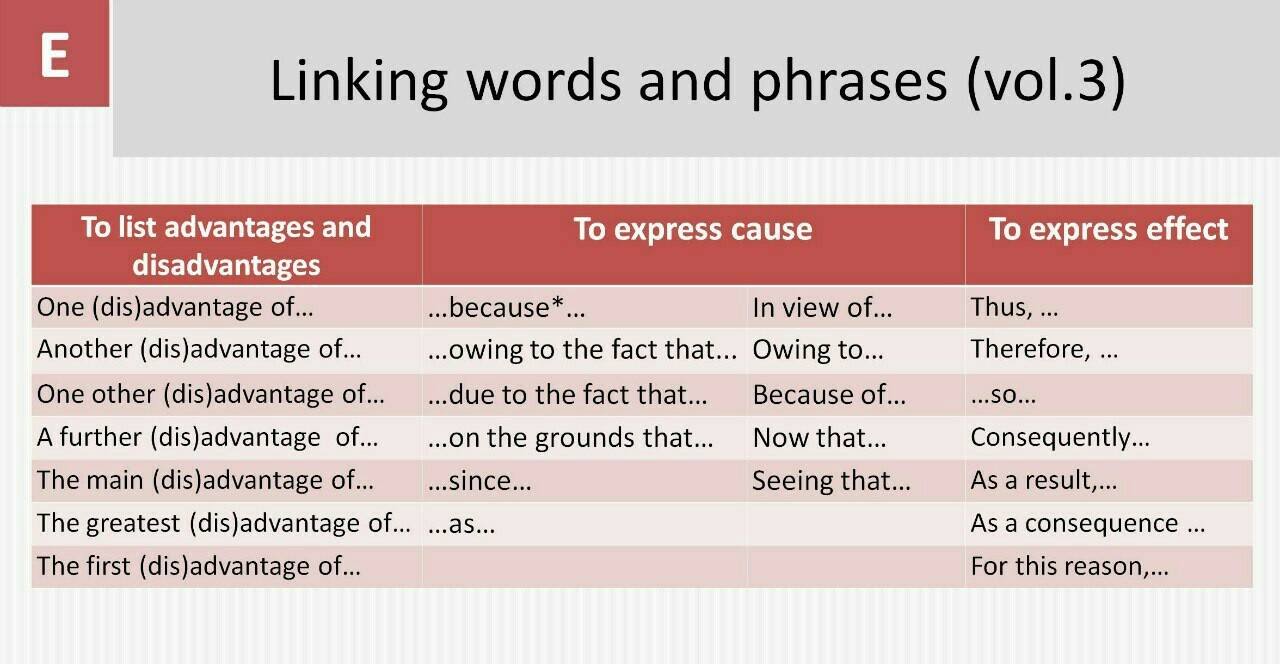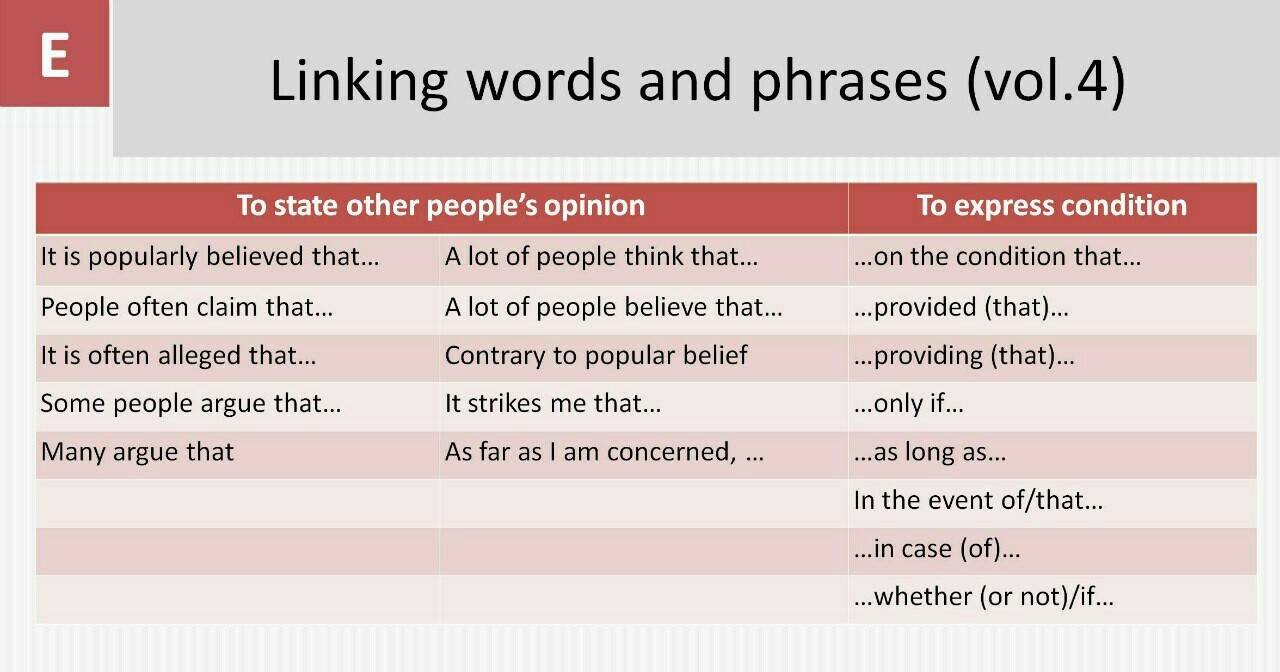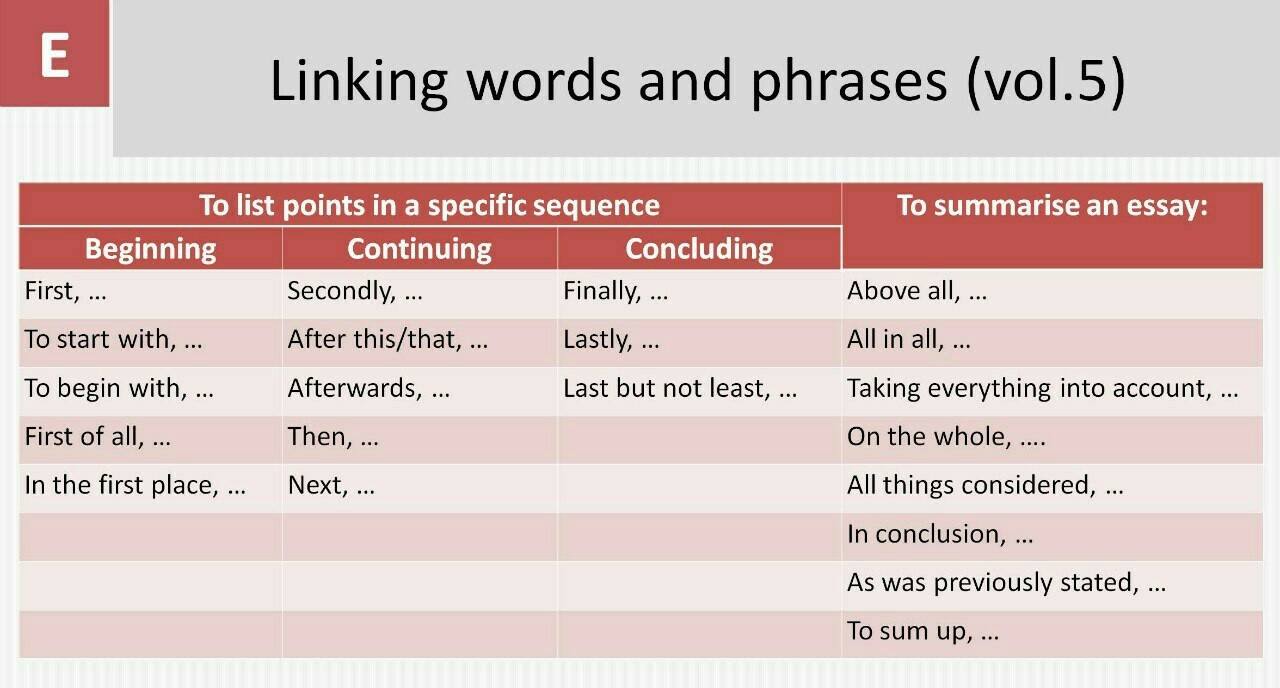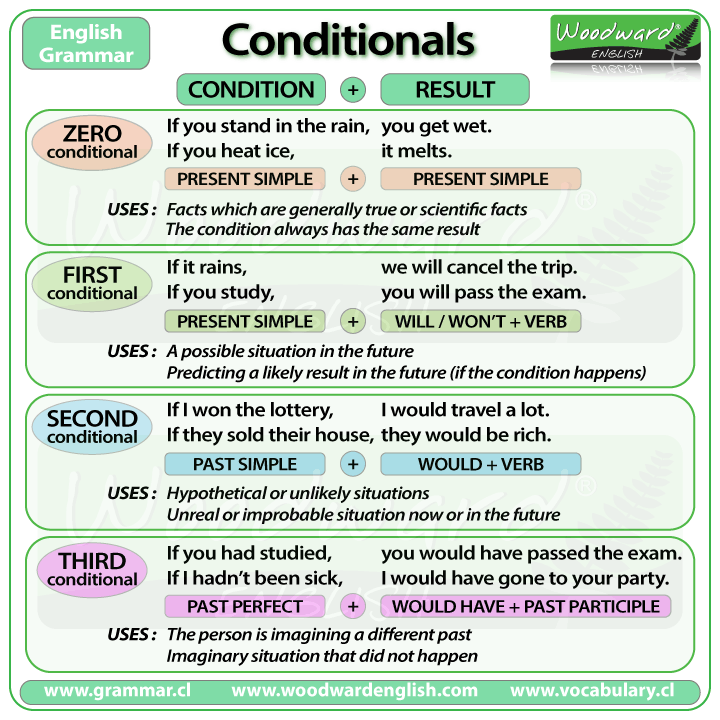 TAKING OLD CARS OFF THE ROAD
TAKING OLD CARS OFF THE ROAD
Barcelona will ban cars that are older than 20 years from the road during the week to cut traffic emissions by
30% over 15 years. The measure will come into force on January 1, 2019 and will cover Barcelona and the 39
neighbouring municipalities. Under the terms of the agreement, it will be prohibited to drive private cars
registered before January 1997 and vans registered before October 1994 on working days.
Although the ban will not be fully effective for two years, those same vehicles will already be banned from
the roads during periods of high pollution from 1st December this year. The aim is to first reduce emissions by
10% over the next five years to gradually reach the levels recommended by the World Health Organisation. Then
the adoption of the stricter measures will be implemented in order to reach the level set by the European Union
before 2020.
Janet Saiz, the city’s deputy for the environment said, “The people of Barcelona have told us clearly in
surveys that they want to fight against air pollution because it is a health problem of the first order.” The city
hopes to convince people to cooperate by offering free public transport to those who give up their vehicles.
In a similar move last January, the Norwegian city of Oslo banned diesel cars from the road for two days in
one particular week to combat rising air pollution. Many motorists were angered because they had been
encouraged to purchase diesel cars by the state government just a few years before, when they were considered a
better environmental choice than petrol cars. Drivers who did not obey the ban were fined around €200. A city
councillor said at the time, “In Oslo, we can't ask children, the elderly, and those suffering from respiratory
problems to stay at home because the air is too harmful to breathe.”
Some Norwegians, however, were happy with the idea, like Kenneth Tempel, who wrote on Facebook,
“Very good measure. We should introduce a permanent ban on diesel vehicles in all big cities. The fines should
also be doubled.” According to the Norwegian Institute of Public health, air pollution causes 185 premature
deaths in Oslo each year.
16 January 2017 and 7 March 2017,
The Guardian (Adapted).
Question 1: Indicate whether the following statements are true or false and write down which
part of the text justifies your answer.
a) The ban will happen in Barcelona immediately.
b) Cars registered before 1997 will not be banned at weekends.
c) The people of Barcelona feel this is an important issue.
d) The Barcelona authorities will not offer any incentive to make people comply with the ban.
e) Kenneth Tempel believes the fines should be lower than they were.
Question 2: Find words or phrases in the text that correspond to the words and definitions given.
a) Surrounding, closest (paragraph 1)
b) Conditions (paragraph 1)
c) More severe (paragraph 2)
d) Without a charge (paragraph 3)
e) Option (paragraph 4)
Question 3: Choose the correct option, a, b or c for each question and COPY the option chosen onto
your answer sheet.
1. The people of Barcelona...
a) were not told to give their opinion about the air pollution problem by the government.
b) were asked their opinion about the air pollution problem by the government.
c) were not asked their opinion about the air pollution problem by the government.
2. Tempel believed that...
a) a permanent ban on diesel vehicles should be introduced in all big cities.
b) a permanent ban on all vehicles would not be beneficial in all big cities.
c) a permanent ban on some vehicles should be beneficial in his city.
3. A Norwegian driver caught ignoring the ban last January...
a) had to pay a €200 fine.
b) must not have paid a €200 fine.
c) was paid a €200 fine.
4. The Norwegian authorities...
a) are used to believing that diesel cars were better for the environment.
b) didn’t use to believe diesel cars were better for the environment.
c) used to believe diesel cars were better for the environment.
Question 4: Write a short essay (about 120-150 words) on the following topic:
– In your personal opinion, what are the advantages and disadvantages of owning a car?


